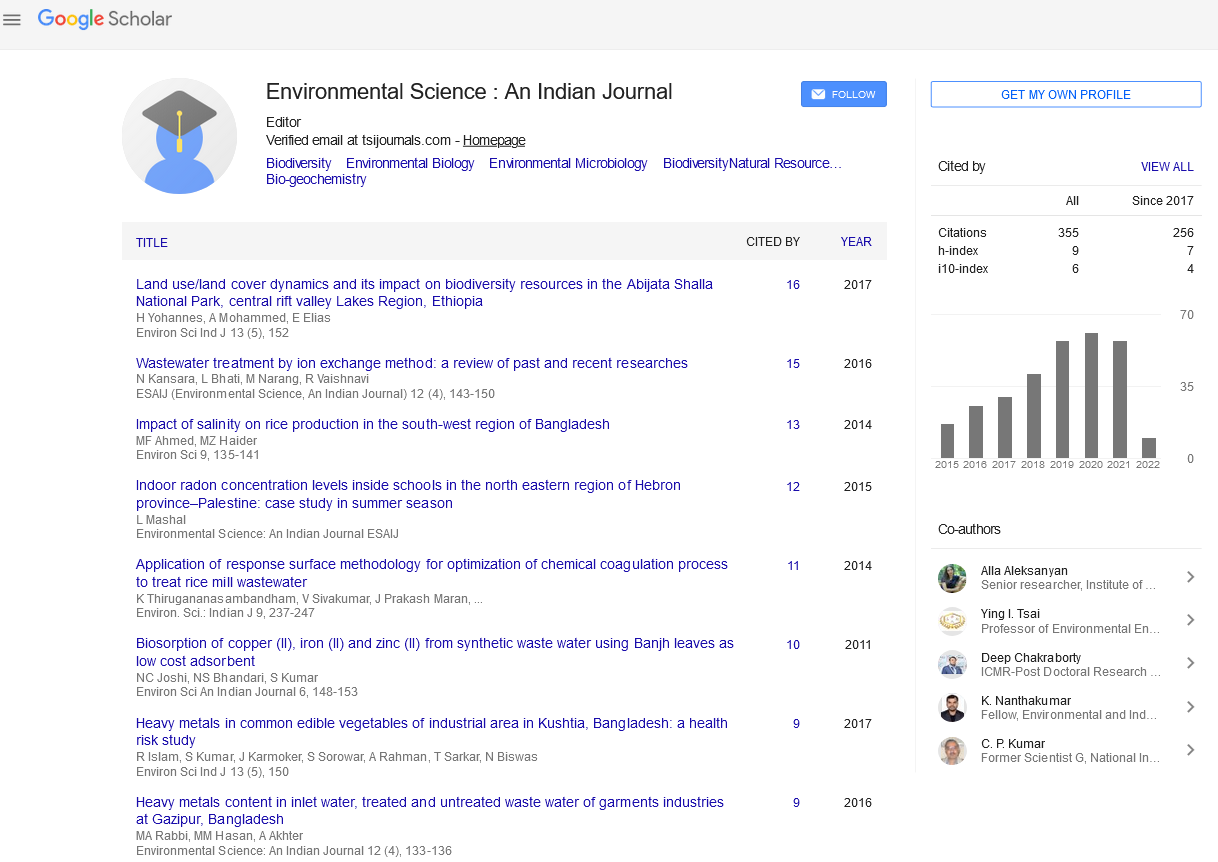Abstract
Composting and microbiological additive effects on composting
Author(s): Li Yee Lim, Lee Suan Chua, Chew Tin LeeNowadays, composting is the method of choice to reduce and recycle the ever increasing organic wastes generated from human activities. The four phases of composting and the factors affecting each phase, particularly carbon to nitrogen ratio, temperature, aeration, moisture content and pH are critically reviewed. The process of composting is believed dependent on the microbial activities such as bacteria, fungi and actinomycetes under the stipulated conditions. The inoculation of beneficial microbes in the compost would further enhance the soil fertility and crop productivity. However, the interaction between the species of microorganisms is still unknown. Organic matters are composted into humid substances which can be used for the promotion of sustainable agriculture. In addition to plant growth promotion, microbiological additives inoculated compost is also likely to increase plant stress tolerance and disease suppression capacity. The completion of decomposition is usually measured based on the physical appearance of compost, the chemical property of compost substances, as well as the absence of toxins, noxious odor and pathogenic microbes. The application ofmature compost is of great importance because direct application of organic matters into the soil may produce toxins and threaten the ecosystem.

